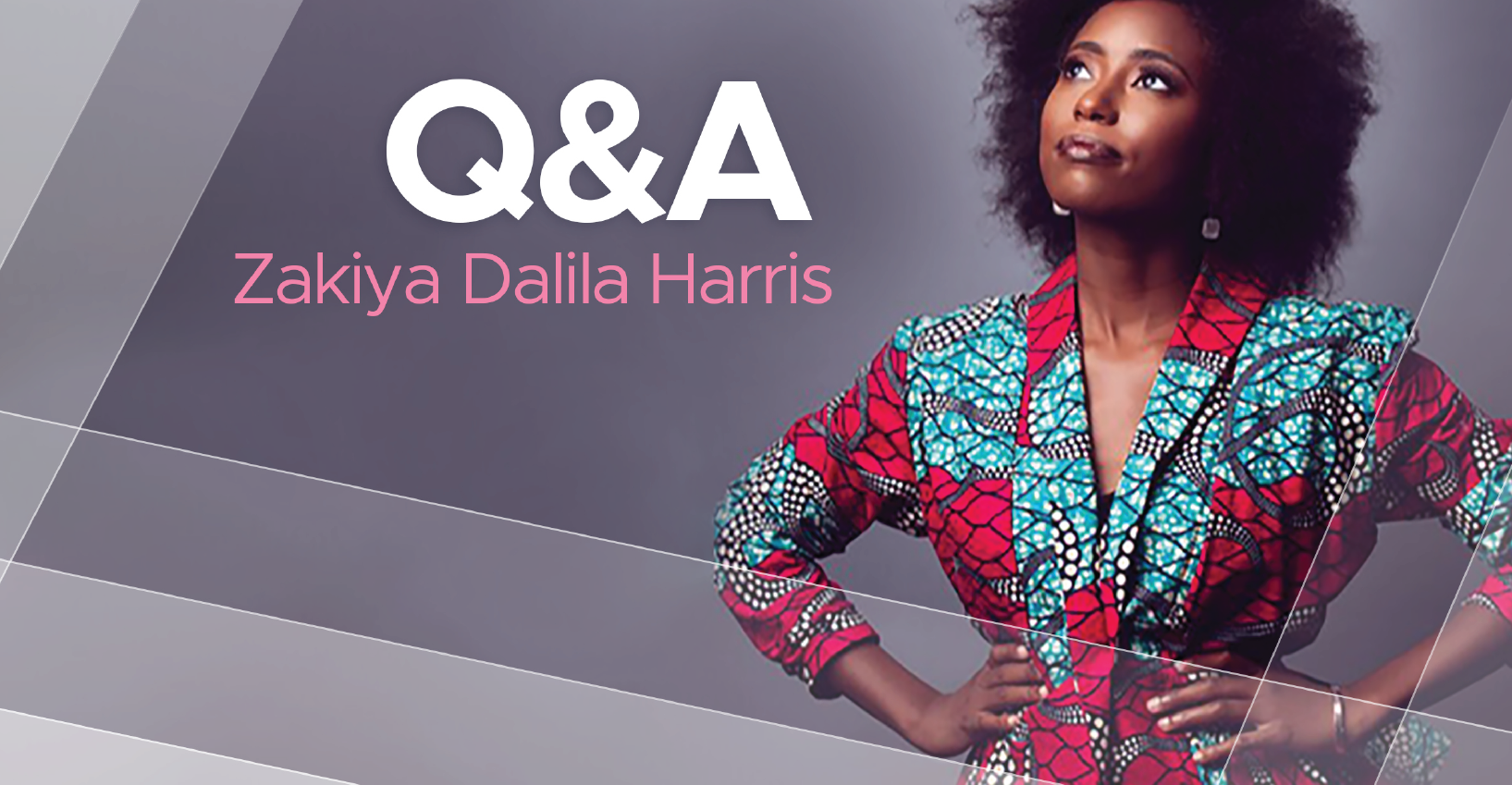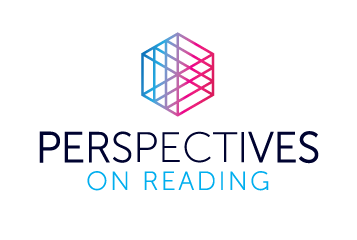Author Zakiya Dalila Harris on the importance of diversity in publishing

By Adam Sockel, Staff Writer | July 2021
Zakiya Dalila Harris has taken the literary world by storm with her debut novel, The Other Black Girl. The title was an instant New York Times bestseller, named Good Morning America’s book club pick for June and has received critical acclaim from every corner of the internet. The Other Black Girl tells the story of Nella, a young black woman working in a publishing house for which she’s the only woman of color on staff – until a new coworker joins the team.
The book takes a series of dark and thrilling turns, but the premise is one that hits close to home for the author. Zakiya previously worked in publishing, where she saw a lack of diversity in the editorial landscape – and her experience isn’t unique. The world of publishing has traditionally been predominantly white.
Perspectives on Reading spoke with Zakiya about her experience in publishing, what this lack of diversity means for the books that end up getting published, and what, if anything, readers can do to help.
PoR: How did you get into the publishing world?
Zakiya Dalila Harris: I had applied for internships for years because I am from Connecticut, and never really heard back. When I did my Master of Fine Arts, I had an amazing professor who asked me if I had any interest in working in publishing because they loved my editing capabilities. She had some connections (with a publisher), and said she’d see what she could do. I was excited but didn’t expect much because when you start out it feels extremely difficult to penetrate the space of publishing.
A few months later, she wrote me back asking if I was still looking for a job, and connected me with this black woman – who didn’t work in editorial but worked for the publishing house – who became one of the first black women I knew in publishing. After I started, she and I would get lunch now and then, and she’d tell me stories about when she first worked there and she’d sometimes get passive aggressive or racist anonymous notes left at her desk.
PoR: When did you start to notice the lack of diversity at your office?
Zakiya Dalila Harris: I don’t know if there was a specific moment where I realized I was the only black woman working in editorial. I just started to notice that there would be temps that were women of color, or the fact that the receptionist was always a person of color and the mail people were always black men, and the security guards as well. It reminded me of when I was in AP level classes in high school. I remembered being one of only a few people of color in these higher-level courses and then everyone else who looked like me would be in the general classes. There was this separation, and that really paralleled how I felt at the publishing house. I was the one woman of color with a desk and a name plate and navigating that was interesting because I would always talk with the front desk and mail people, but it’s a very different dynamic. To clarify, my experience was nowhere near as bad as Nella’s (the protagonist in The Other Black Girl).
PoR: Do you have any examples of how problematic this lack of diversity could be for business?
Zakiya Dalila Harris: We had the opportunity to acquire a memoir by a major black celebrity and the conversation around promotion of the book began with an executive saying, “Okay, who has heard of this person? Who is going to read this book?” My reaction was just, “Really?” I know there is a reason for a question like that. I know they need to figure out who the readership is going to be, but that type of lack of awareness leads to passing on a book that ended up doing extraordinarily well.
I understand that publishing houses each have a certain type and style of book they tend to publish, but what does that mean when those books that they do publish are traditionally by white authors? It makes it easier to pass on more diverse voices without having diverse voices in the room. It can be tricky because the people who ask these opening questions about, “Who would buy this book?” – they tend to be white and older. So, there is this immediate framing of the conversation straight away. They can be good questions to ask, but the power dynamic about who actually gets an opinion in these decision-making rooms is real. If a major black celebrity’s book can’t make it beyond this five-minute conversation about what their readership might be, who else could possibly make it through?
PoR: Can you explain the importance of having diverse voices in that initial room and the effect it can have on the books that do end up getting published?
Zakiya Dalila Harris: Something I experienced that can be challenging is that, because of there being so few people of color in the office, I would often be asked to read things as a sensitivity reader. It can be hard to have that burden, but someone needs to speak about those aspects of books. I’m a shy person in general, so speaking up is something I’m just now figuring out how to do. It can be challenging to open up about issues in a book as an assistant.
There was another instance where we had a black author from outside of the U.S., and our editorial team wanted to remove the accents from their name because they thought it would sell better in the states that way. These are instances where if the executive staff was more diverse, it wouldn’t have happened. I think having more people of color in the room would have made conversations like that much easier. These are examples of books that do get chosen to be published. This isn’t even mentioning all the titles by people of color that don’t get printed because everyone who sees it is white and maybe can’t connect with the story of culture.
On a larger scale, there is truly a trickle-down effect. It might be in our nature to stay in circles of people who think like us, so if you don’t have a diverse editorial staff, then you’re much less likely to have opportunities to find diverse voices. That means less diverse books getting published and read, and fewer future authors from those backgrounds because they’re not seeing people who look like them on the shelves.
PoR: Do you think there is anything readers can do to help improve the racial inequality in publishing?
Zakiya Dalila Harris: That’s a really good question. Recently on a panel, I had a great conversation about how publishers should be focusing on nontraditional places where black writers are doing really great work even if they aren’t in the writing workshops and MFAs where most writers come from. Places like Black Twitter and Medium.com are spaces on the internet where black writers are producing thoughtful content and growing their own followings, and this is something readers can involve themselves with as well. When you read an article by a writer who you really enjoy, show the love to that person. Share those articles, comment on them, follow them on social media. When we do these things, publishers are more likely to notice and pick up those stories as well.
These writers are out in the world and on social media, and even if it feels like a small thing, interacting with their stories and sharing them is something that adds up. If an author who you are familiar with shares a story by someone you aren’t, look into that next writer’s work and follow them. Something else that is so important is if you do read and enjoy a book by a person of color, review that book wherever you can and share it with friends and family. These things truly matter and can make a massive difference.
This interview has been condensed for length and lightly edited for clarity.


